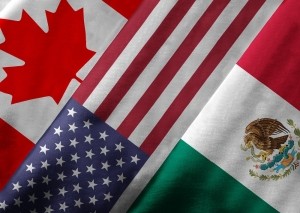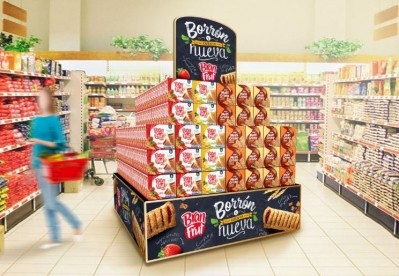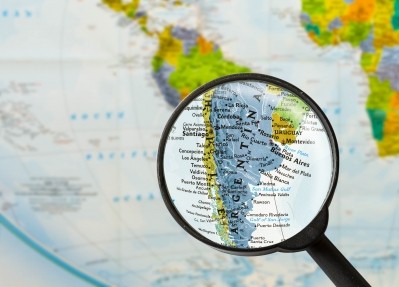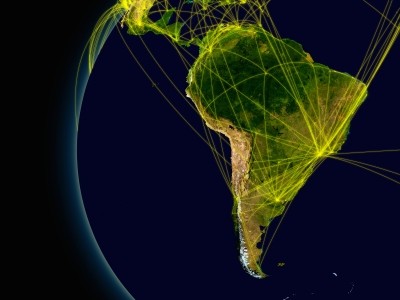Mexico elections: F&B firms must 'monitor political risk', says expert
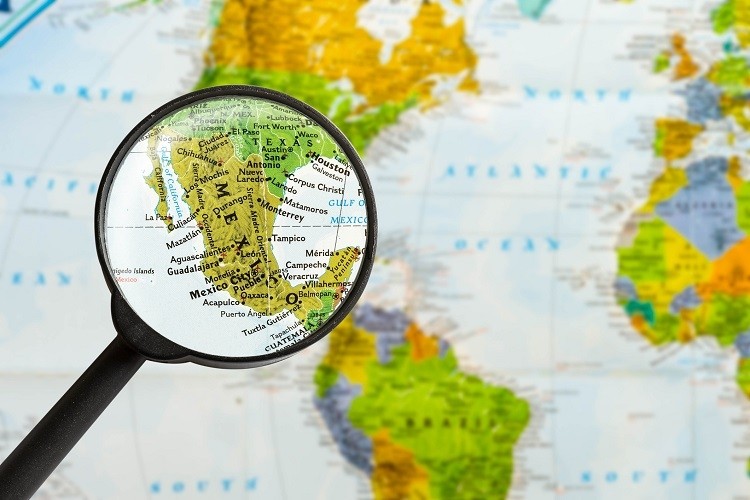
On July 1, Mexico will hold its general election to vote in a new president and 128 members of the Senate to serve a six-year term, along with 500 members of the Chamber of Deputies for three years. On the same day, there will be also local elections in 30 out of 32 states. Described as the “biggest election in Mexican history” by the National Electoral Institute (INE) due to the number of public issues being debated, the campaigning period has also been one of the most violent, with numerous political killings. According to Bloomberg, 36 local candidates have been killed since September.
And with just under six weeks to go until election day, one expert said it was “crucial” all industries in and working with Mexico played “close attention”.
Roberto Simon, lead political risk analyst for Latin America and director at FTI Consulting, said companies had to “monitor political risk and economical risk” in the run-up to these elections.
“Elections nowadays directly shape business outcomes and industry should think in terms of strategic anticipation and try to forecast scenarios and think critically about what is at stake and how to react to different scenarios,” Simon told FoodNavigator-LATAM.
“...I think it's critical. Again, politics can shape business outcomes for the coming years and decades, and if [company members] are unaware or not paying enough attention, they will be continually surprised by good and bad news. And if you want to think in terms of long-term strategy, you need to factor in political variables.”
Grupo Bimbo's CEO recently said his company remained “cautious and concerned about the potential volatility and change” that the elections could create in Mexico. Amongst other things, he said the company was therefore tightening its cost structure and delaying some capital expenditure.
NAFTA collapse? The risk is real
Simon said immediate financial impacts were unlikely, but one significant area this election could shape was trade, and in particular, the North American Free Trade Agreement (NAFTA) between Mexico, Canada and the US.
Signed in 1994, the agreement was formed to eliminate tariffs on goods traded between the three countries, break down non-tariff trade barriers and protect intellectual property rights on traded products. But, following calls from the Trump administration, the trilateral agreement was now being re-negotiated.
Simon said should negotiations pass over to the newly elected Mexican president, given such varied views held amongst the presidential candidates, there could be big change ahead.
Andrés Manuel Lopez Obrador (AMLO), Ricardo Anaya, José Antonio Meade and Jaime Rodriguez were the four presidential candidates in the running for July 1, he said, and AMLO was significantly ahead in the polls – around 20 vantage points, according to Bloomberg's poll aggregator.
“AMLO is likely to win and he has a nationalistic approach to economic policy in many ways and he's a person with strong views on free trade,” Simon said. “For instance, he's been a fierce critic of NAFTA for quite some time, so that's where I think food and beverage companies will look at this election run-up with some questions.”
The newly elected Mexican president could, for example, either continue and conclude negotiations or simply end the agreement, he said.
“It could happen, for sure. It is one of the scenarios and is certainly something the Trump administration has repeatedly threatened. I don't think it's something the current government in Mexico would like to happen, but again, AMLO has always been very skeptical on free trade and he has a very nationalistic instinct when it comes to trade.
“...The prospect of the death of NAFTA is real and companies that have been benefiting tremendously from cross-border trade will be facing a new reality, with higher tariffs basically, but also a potential change that will trickle down and have consequences,” he said.
Minimum wages and corruption
Aside from the looming prospect of whether NAFTA would stay or go, Simon said one important issue being discussed in the current negotiations was raising Mexico's minimum wage – a factor that certainly impacted food and beverage businesses.
“This is something the Trump administration is pushing really hard and AMLO also thinks it's really important to raise minimum wage. He's been a fierce critic of NAFTA since the free trade was signed but it's one of the aspects he supports.”
During a recent presidential candidate debate in Mexico, Simon said AMLO defended the idea that the new NAFTA agreement should include a provision on wages and that he would be open to discussing an increase in minimum wage.
Beyond NAFTA, Simon said corruption was another key debate area in the general election run-up.
“It has been the most important topic in these elections because Mexico went through a series of corruption scandals which really undermined current support for the government. There's a huge debate on how to address this issue – to increase transparency and crack down on corruption. And whether Mexico will be able to make progress and reduce corruption is critical for all industries, including food and beverage,” he said.
Addressing bribery at national and local level, he said, was a big talking point and the business community and vast majority of Mexican citizens wanted “big changes on this front”.
Overall, Simon said it was down to food and beverage executives to keep track of ongoing debate around all these “political variables”, especially when thinking longer-term, and given the current polls it was important to start pre-empting what type of changes AMLO might introduce as president.
“There's a possibility he might not win, it happened before where he was leading the polls and there was a series of mistakes in the campaign and he lost by a very small margin. But, given the impressive edge he has on both candidates, I think it's unlikely to happen... If he's going to defeat his rivals by a significant margin, will he be more radicalized by that or will he think he has greater responsibilities to calm down the situation; to be a pragmatist and address things with a more cautious approach? These are the questions that are looming.”

